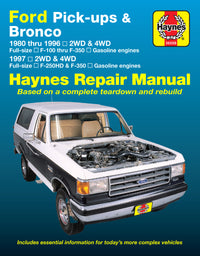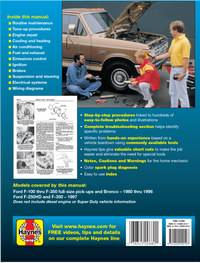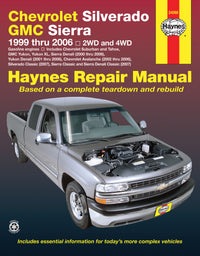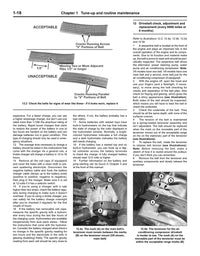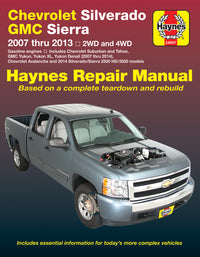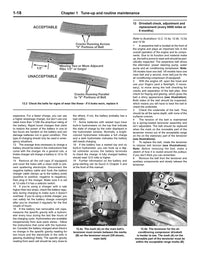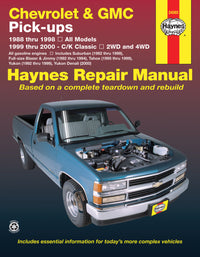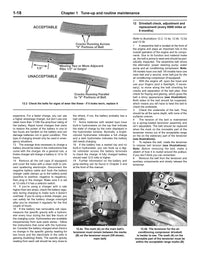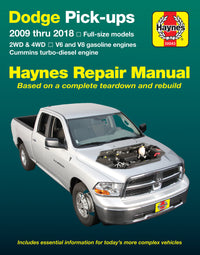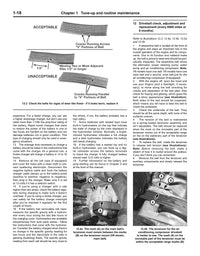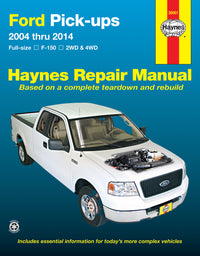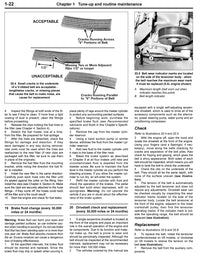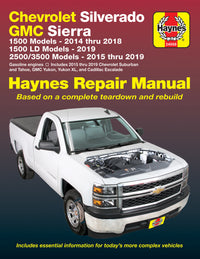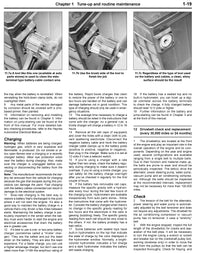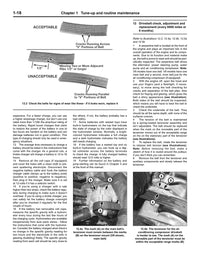Every driver needs to carry out regular fluid checks to keep your car on the road a long time, and anything that makes that easier (and stops you putting it off) is a good thing.
So knowing that the fluids you need are just a few feet away in the garage and not five miles away at the auto parts store can make a big difference.
With that in mind, here’s our list of the fluids you should keep in your garage… and a couple you shouldn’t.
01 Engine oil
Your engine oil level should be part of your regular monthly checks, especially if you have an older vehicle that’s started using a little more oil than it used to.
This weekend chore is a lot less annoying if you know you’ve got a quart of fresh oil in the garage ready to top it up with.
Check what oil your car maker recommends and get some for when you need it. That’s a lot less bothersome than having to do a last-gasp dash to the 24 hour service station to buy the wrong oil at a hyper-inflated price and having to glug it into the filler by the light of your smartphone.

02 Anti-freeze
The cooling system on a new car might not leak a single drop between services, but on older vehicles the hoses loosen and fail, the radiator corrodes and fluid levels can fluctuate.
Once upon a time you might have gotten away with plain tap water when topping up, but this dilutes the anti-freeze mixture. Most makers recommend a balanced 50:50 mix of anti-freeze and water all year round because it also contains corrosion inhibitors.
So get some anti-freeze for the garage, and read the instructions – some is ready-mixed and can be poured straight in, some should be diluted with water in proper proportions.

03 Washer fluid
You can use regular tap water in your washer fluid reservoir but it doesn’t clean the windshield as effectively as proper washer fluid, which contains detergents to help wet the screen and dislodge grime.
Some, also have an anti-freeze action so that they’ll still clear the screen even when the temperature is below zero.
Don’t use any other type of household soap or detergent because it can create a lot of foam, it’s difficult to estimate concentrations accurately and it can be bad for rubber parts and paintwork.

04 Glass cleaner
So you follow a bend in the road, and suddenly you’re driving into a low sun and your crystal-clear windscreen suddenly becomes practically opaque. Does that sound familiar?
The outside of the windscreen may be clean, but over weeks and months of use the inner surface accumulates a thin layer of grime that you don’t notice in regular driving.
So when you clean the outside of our car, clean the insides of the windows too. And use a proper glass cleaner, not a regular household surface cleaner which will leave streaks.
You need a cleaner which can cut through this tough grime, but without leaving smears.

05 Aerosol de-icer
Most of us who live in the north are familiar with scraping snow ans ice off the windows in the morning, but did you know there is an easier way?
You could start the motor, wait five minutes for the ice to soften enough for you to scrape it off easily and then be late dropping the kids at school, late for work, and late for the whole of the rest of the day, or you can get that can of de-icer you bought to keep in the garage and be on your way in just a minute or so.
Spray de-icer is also a lifesaver in cases where there has been freezing precipitation that has frozen the door or locks so they won't open.

06 WD-40
For most of us, our cars live outside. Hinges and latches dry out in the sun, bolts rust from wet winter roads. Things jam or seize up at the worst possible moment, or creak and groan so loud that you can’t stand it any more.
This is where you need the superhero of solvents, that lion among lubricants, WD-40. We normally try to be brand-agnostic here, but this particular product has been such a stalwart of DIY repairs over the years that it’s practically entered the dictionary.
A single squirt of that magic fluid once displaced about a gallon of water from the spark plug cap of your author’s Kawasaki KH125 on a rain-sodden November evening, back in the dim and distant days of student-hood.
The motor started, the owner got home and a legend was born. In fact, don’t leave it in the garage – keep it in your car or wedged in a cubby-hole on your motorcycle.

But not brake fluid
Well, yes, you could keep it in your garage just in case, but we don’t recommend it. First, it’s quite possible you’ll change cars before you actually need it, and then find out the type or spec is wrong for your new vehicle.
Second, if you need to keep topping up your fluid it’s a sign that there’s something seriously wrong that you need to get checked out immediately.
But if you’ve got some in the garage that you opened a while back, that’s OK, right? Actually, no. Brake fluid is strongly hygroscopic – once the container is opened the fluid sucks in water from the atmosphere and its performance quickly degrades.
Some owners say they’ve kept it in tightly sealed containers for some time without problems, but the general recommendation from makers and professional mechanics alike is to ditch what you didn’t use.







